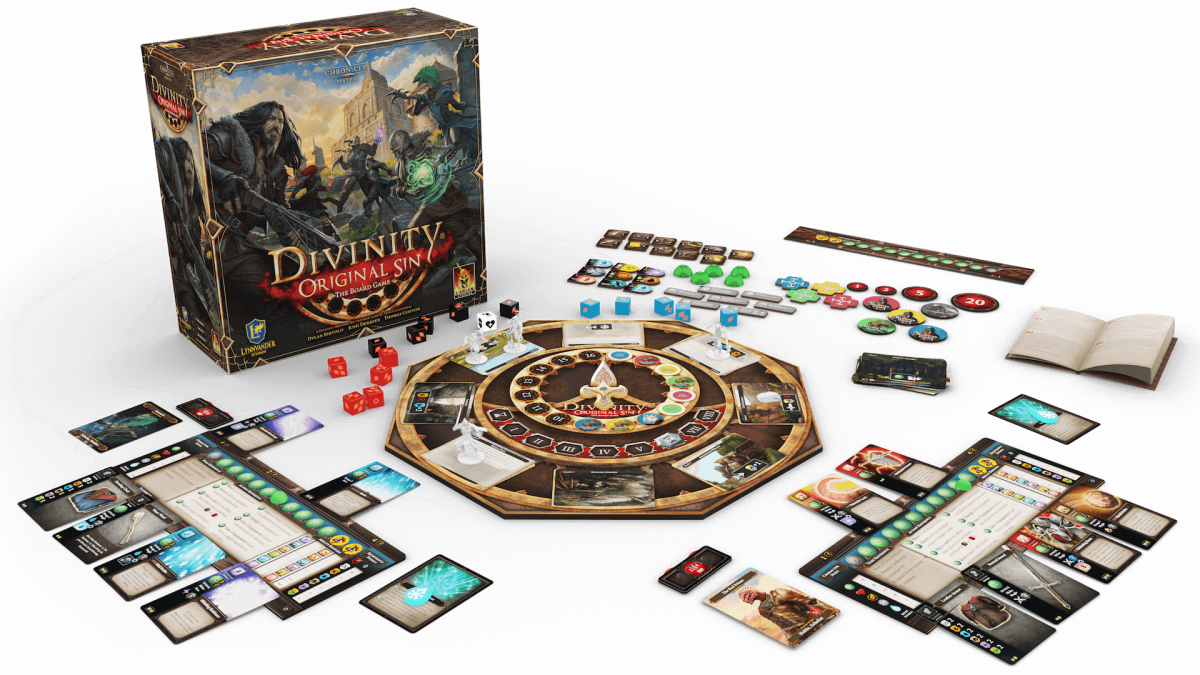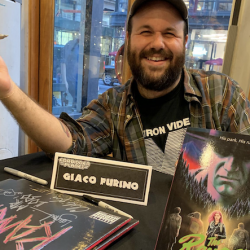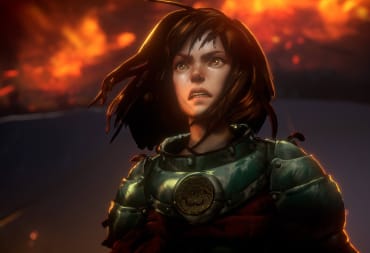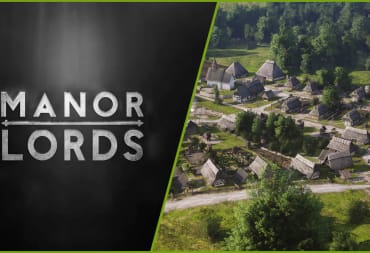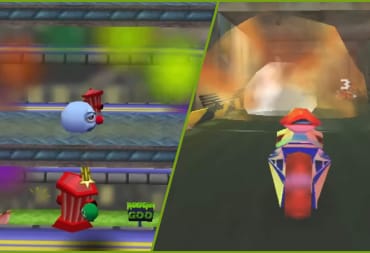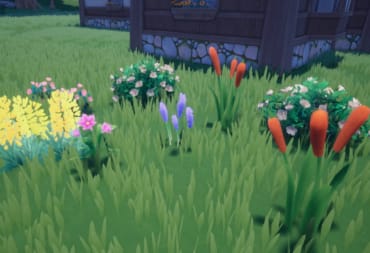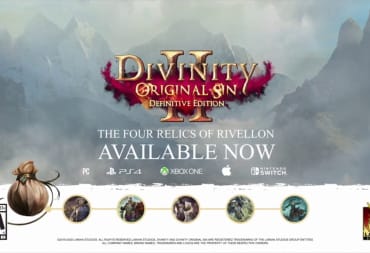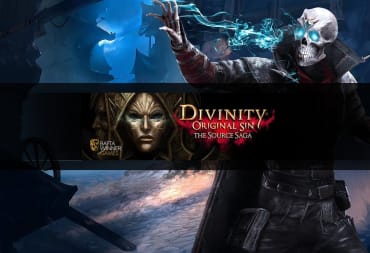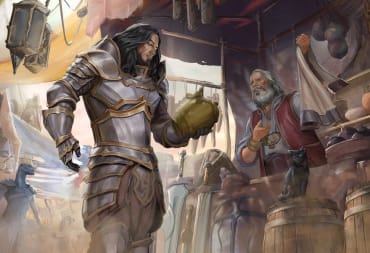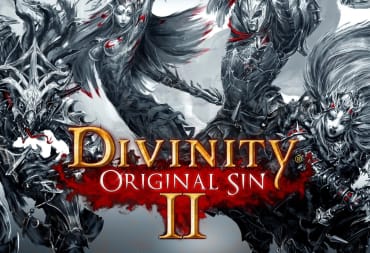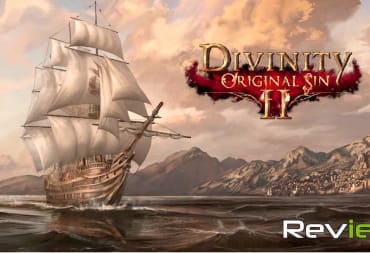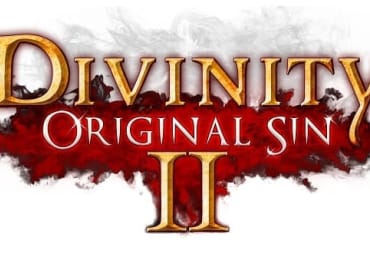Last Wednesday I sat down with Kieron Kelly, the product manager of Larian Studios, to talk about their new Kickstarter that just launched adapting their hit video game Divinity: Original Sin II into a sessions-long adventure board game. Stopping over in New York before flying back home to Dublin, Kieron and I met in the back room of the bustling Twenty Sided Store in Brooklyn, NY to chat about the development process, working with another company to make a board game, and the use of Kickstarter in bringing this all to life.
TechRaptor: Tell us a little about what you do at Larian Studios.
Kieron Kelly: My name's Kieron Kelly and I'm the product manager for Larian Studios. My role in that team essentially ends up being a second hand to Swen [Vincke, CEO and Director of Larian Studios] a lot of the time, so Swen is so involved in the development of the game and the design of the game, that he himself ends up being quite a project manager as well because he's responsible for communication, he ends up doing all of that, so generally speaking I step in when he's busy and unavailable, as he is right now with BD 3 (Baldur's Gate III), and I work primarily as a kind of global man between members of the publishing team, the main Larian staff, and the outside world in terms of understanding the game and what we're doing. And generally speaking I'll end up communicating about the game with people like yourself.
So it sounds like an awful lot of broad terms but the job itself is quite fluid and I just do what needs to be done sometimes, and a lot of times that means a lot of communication. So very often you might get a question from a producer or a PR Manager and they might not know as much about the game. And I'm talking, they might know the game well, but it's like X, Y, in Chapter two of the game, is there something cool there we can show? And that's where my role comes in.
In this regard, for the board game, my role comes into play in that my communication with Lynnvander, our partner with the game, my job is making sure that the spirit of Divinity comes into the board game.
TR: How did this project come together? What was the first spark?
KK: We've been talking about doing a board game for years. I've been with the company for almost five years, and I want to say we've been talking about a board game for at least two or three years. And it's something we've always wanted to do. For me, myself, my board game collection is almost as large as my Steam Library. And Swen himself has quite a large amount of board games, and there's quite a few on the team that are big tabletop people. So there's been consistent murmurings about doing something. And I want to say back in 2017 myself and a few others had been working on internal projects, but we always work on one project. It's very rare that we're working on multiple projects, so very often one project will take a lot of our time, that's what happened with Original Sin II, any sort of ideas of other things fall by the wayside. Because as a team we want to make sure we're putting out best foot forward with everything we do. So we just didn't have the bandwidth to do it.
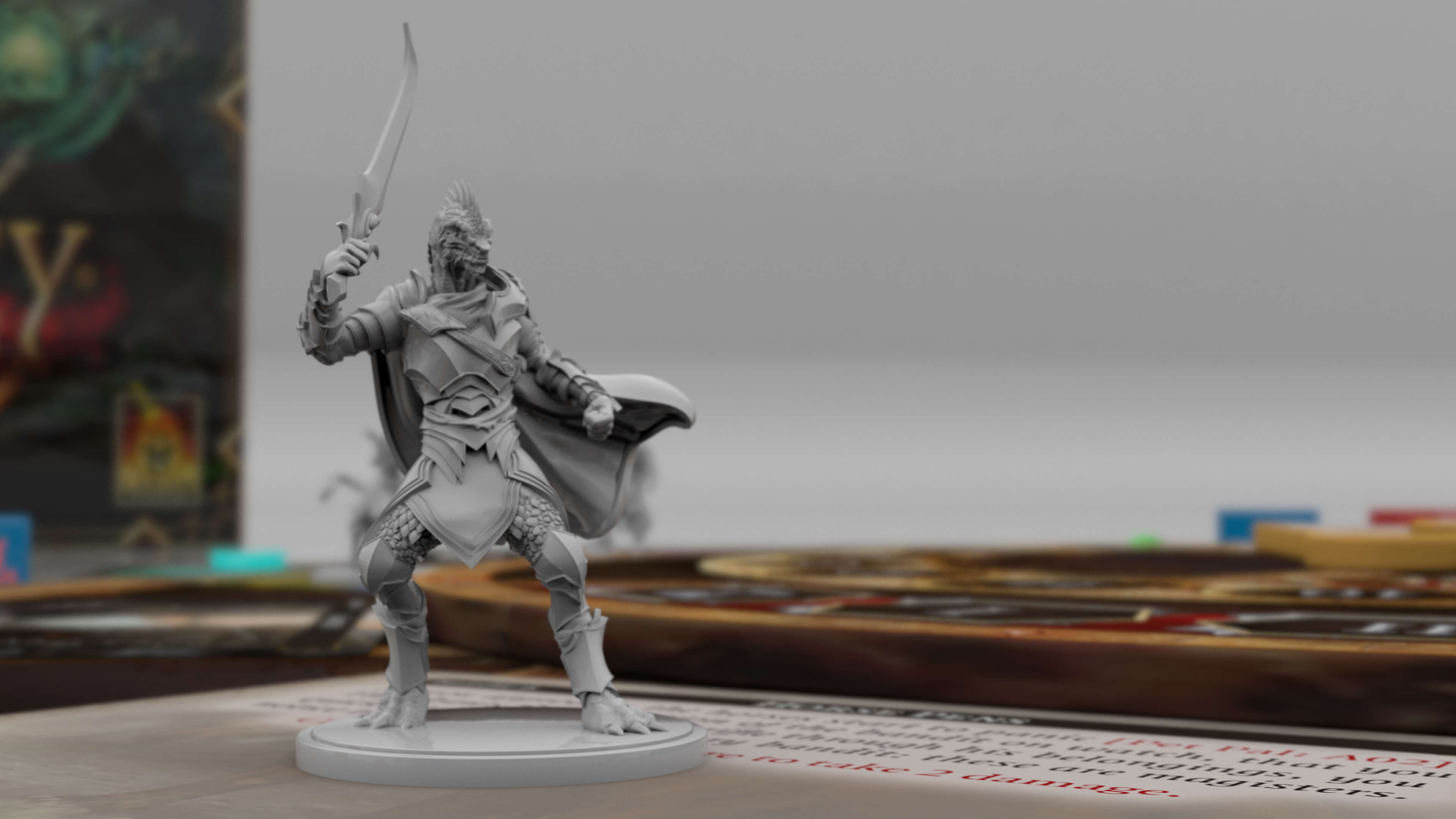
So around summertime last year we started putting feelers out to different designers of the board game to see if they had any ideas, just to test the waters, see what the attitude was like toward board gamers. And it was quite positive we got quite a few pitches in, and Lynnvander were one of those guys that pitched it originally, and I think we started moving forward with a few companies, and I remember meeting Tom [Gofton, founder] from Lynnvander for the first time at GamesCom and he was showing the first pitch, that's over a year ago now, and then long story short there was a lot of back and forth until about PAX South-ish, this year, maybe a little after, and eventually after two iterations from Lynnvander and a few other designers, we put a hold on it all.
And Lynnvander had progressed further than anyone else, but with Lynnvander we said "look guys, it's not working. We like you guys, you're doing great, but it's just not working." And as it happens they thought we didn't like them! But it was just a weird relationship thing there, but then serendipitously we ended up having our booths right next to each other at PAX East, so they had set up a booth at PAX East and ended up literally right behind us, so naturally we see each other and they felt like "Oh they're not happy with us." And eventually as that weekend progressed the conversation's going and we realized well, no, there's no enmity here! We didn't want to waste their time, but in the end they said "No no we can keep iterating." So they wanted to try one last time, and they gave us one last pitch and needless to say the pitch they gave us is really close to the game we have now. So multiple back and forth's, a few different iterations, and then we said "Okay, we can do this." The engine was there, and that was what was like "Okay, that works."
Fundamentally we asked ourselves "Can it go the difference?" If this is going to be an adventure game, ten sessions long, or twenty or thirty hours or gameplay, can you scale? Because in an RPG scale matters, it needs to be an interesting game on day one and it has to be an interesting game on the last session. Otherwise it's just going to feel dry.
So on one of the final pitches Tom came with a beginning, middle, and end adventure, fast-leveling us in between. So I sat down with Swen's family and we sat down to test the game with Tom and that was the session where we said "Okay, this is the game." It's a good system, we're happy with it, and how it presents the game.
TR: What specifically was it about the final pitch that made you say "Oh, that's Divinity"?
KK: It's funny actually, I think at the time we didn't actually talk about it as heavily as we're talking about it now. Because when you start talking about Kickstarter and you do talks like this, and this is the first proper interview I've actually done, but actually the more we're thinking about it now, that factor is the way we're doing our story and the location cards. So if I say an adventure game to you, I imagine you're thinking of some sort of dungeon crawler, no DM, but minis on the board with tiles. Right, am I wrong?
TR: Absolutely. I'm thinking Gloomhaven, Lord of the Rings: Journeys in Middle-earth...
KK: Right, and there's nothing wrong with all those games, but when I say adventure game to you that's what you're thinking of. And for us, that's what a lot of those pitches were. These kind of grid-like systems. Lynnvander's first pitch was a storybook system, and their second pitch was more of a grid system. And don't get me wrong, the Divinity system with the magic interactions and all the systems in play, that worked well on a grid, but what was happening was you would play a game and in two hours you would play an hour, hour and a half of combat, and the narrative always felt tacked on. And it's really just fighting, and then we go back. And I play a lot of the games that you mentioned there, I own quite a bit of them, and without critiquing those games, that's sometimes how it feels. It's a lot of combat situations, and depending on how well you can get invested in the story feels tacked on.
And for me, what grabbed us, was there was a real ebb and flow between combat and narrative. And there's a fluidity there. The line is so gray, it's all mixed in together, and it works how we wanted it to work.
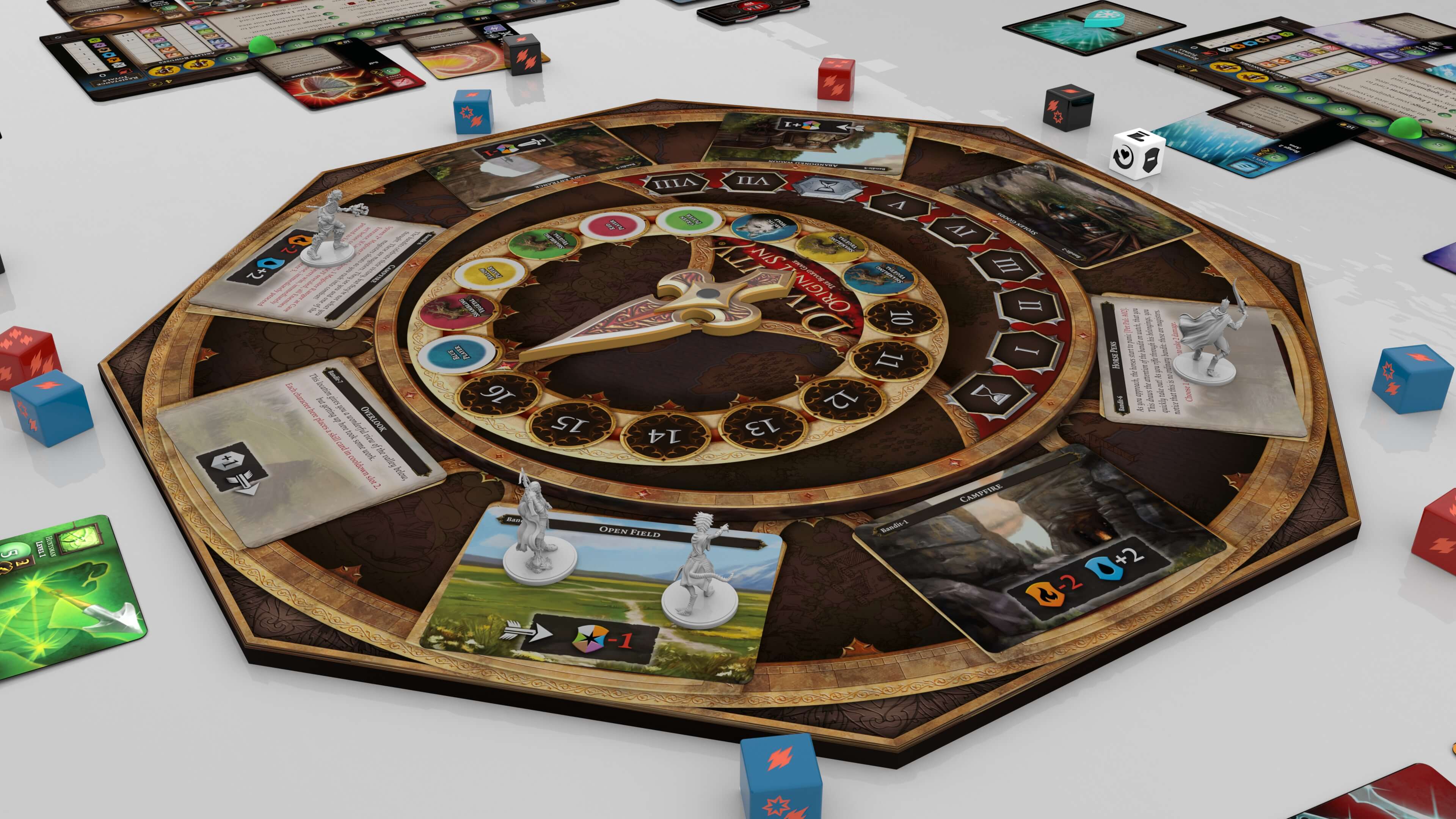
TR: There's nothing like that. Right now the level of interaction narratively involves simple choices like: do you sneak up on the bandits, or shout at them to get out of here! And that's where the narrative begins and ends.
KK: And don't get me wrong, I think we're in danger of doing that if we're not careful. So the storybook and the cards themselves need a lot of work to make sure that the choices feel like they matter and they're not just black and white options. And the same thing goes with Divinity: Original Sin II, if we don't keep iterating on our work, the core concept is N+1 design, which is if there is an obstacle or challenge, there must be N+1 ways of solving it. It's not meant to be solved in one or two ways, and while obviously your options are a little bit more restricted in the analog space, we don't want to make it an analog, black and white choice.
TR: How would you elevator pitch the game to people who aren't familiar with the game, the system, the original video game?
KK: It's a multiplayer co-op adventure game that allows you to play with your friends. You can play multiple adventures in an evening. And it's a storybook campaign with multiple choices, huge amounts of choice and consequence, and of all the content you're going to play through you may only see about 50% of the game. And there is this narrative flow between narrative and combat, and narrative is the lynchpin.
TR: What would you describe as the core mechanic of the game?
KK: There are two core mechanics to the game. The first is the combat system. And if you've played Divinity, the combat system is going to feel very familiar. Even though it's a card-based game. And the second core mechanic is the storybook. And so the storybook itself is like a path adventure book, multiple choices, that sort of thing. And where it comes together is the actual location cards, which merge those two together. The location cards, when you explore the card and flip it over, there are multiple choices. And so the storybook spills over into the game, but then every one of those cards impacts combat. Because if I'm near a campfire, I'm more susceptible to fire damage and less susceptible to water damage. If I'm in a water fall I'm very susceptible to water damage but fire damage isn't going to do anything. And so if I'm in an overlook, the narrative part of getting a height advantage is that I get to scout something on the other side of the board. But also in combat I get advantage on firing at people because I'm at an elevation.
But there's a challenge in that. Because the iconography has to be clear and the cards make sense to players. I thinks we have sixteen status effects. But I've played this game with people who've played Original Sin II and with people who haven't, and after the tutorial session which takes twenty or thirty minutes, after that you easily understand what you have to do, and the exploration is just natural.
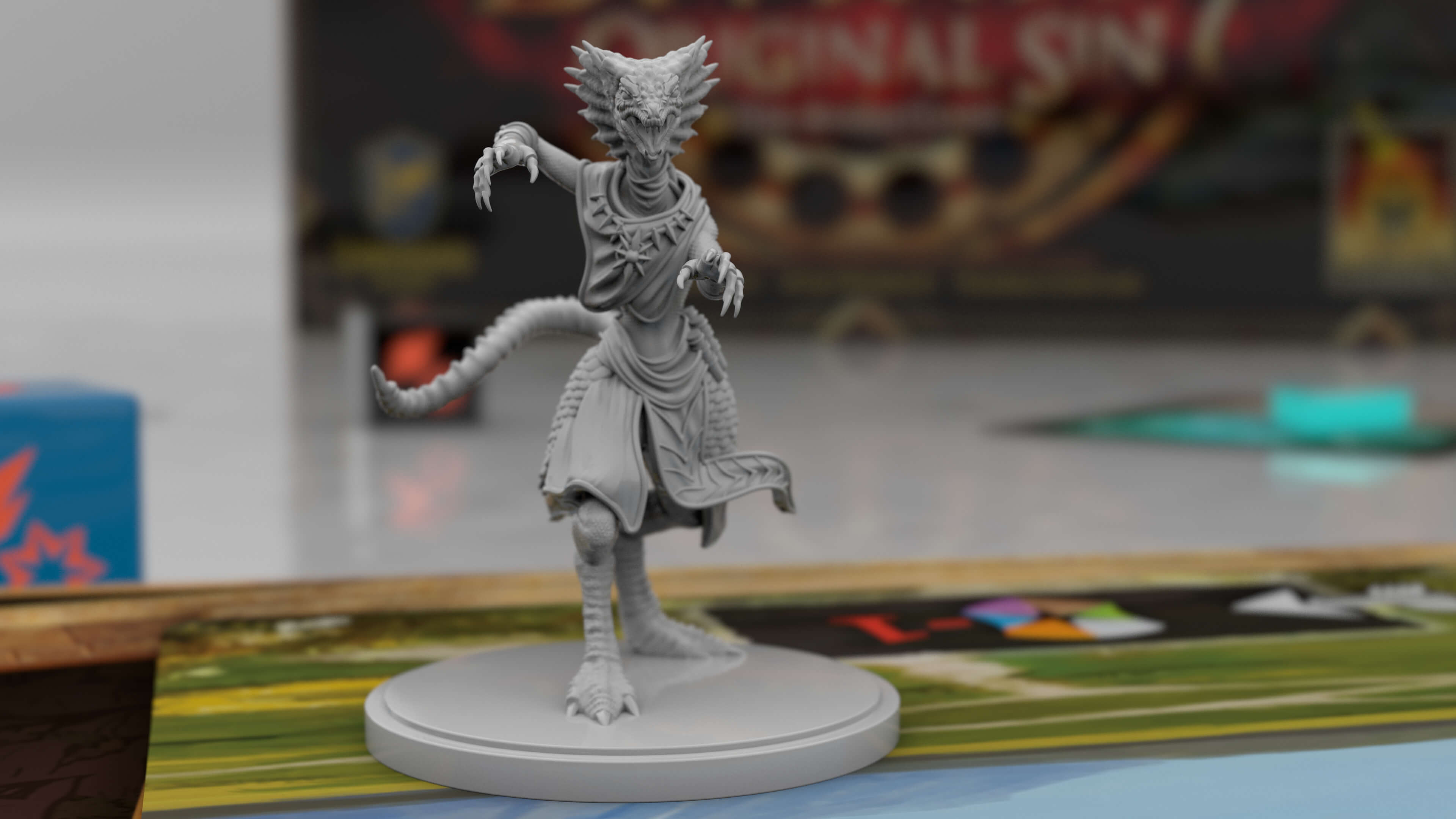
TR: What is the creative, cooperative process like working with another studio?
KK: Every relationship has its growing pains and challenges because we've all got different ways of doing things. But those guys are really, really great. Those guys all have their own talents to bring to the team. It's been very interesting working with them, and they've found it very interesting working with us. Because while we are independent, we're obviously very large. But they have a real passion for making great games. So for us we wanted to make sure we had a team that would value the level of detail that we wanted to go for. Like iteration is a huge part of our identity. We want to make sure that, if it's good enough, it's probably not ready yet. We have a kind of an unofficial motto of "It's shit until it's good."
If it's not good enough, we won't do it. And we needed to find a team that could take on that mantle.
TR: What are some elements from the game that are a must have? This is not a Divinity game if it doesn't have this...
KK: Elemental interactions. They're a huge part of the combat, you have to have elemental interactions. I mean you obviously have to have combat, and then you have to have a narrative that has choice and consequence. And then with our storybook we've been able to use our tag system, so if you were the Red Prince, or you were a scholar or a noble, the NPCs will react differently to you. And so with the board game we've been able to do that.
TR: You're describing a lot of different interacting systems, a lot of different levers—what precautions are you taking to avoid overwhelming the player?
KK: I think that the absolute truth of it is when it's all on the table, it looks a little bit daunting. There are so many cards, different status effects, we have all different skills. When you start a game you can create a character from scratch. All of that is, much like Original Sin II, can seem intimidating but if I give you a controller and sit you down and say let's just play. A lot of the systems you learn intuitively as you play. And with the board game, the tutorial itself teaches you the basics but we've found that the intimidation drops away as soon as people poke and have fun with it.
When you're sitting there, it's like okay I can explore stuff, if it's exploration based. And in combat all the actions you have are right there in front of you on your player board. You have a hand of cards that are your skills you can spend. So it all intuitively comes out from the iconography and the gameplay. So for me, teaching the game is just a fifteen minute experience.
TR: What was the impetus to put the game up on Kickstarter?
KK: Truth be told while I know it sounds like we're riding high with our games, and we're obviously doing well, you never know how these things will turn out, if the fans will want it, and we knew as well that the type of game we wanted to make, we couldn't dilute it. We could have made a $60 experience that was much more limited. So we knew the type of game we wanted to make, and the price that it is, the fact that it's on Kickstarter was really just like "Okay guys, if you want it, here it is. And if you don't want it, that's totally cool."
TR: And in four hours the community said they wanted it, and fully funded the game.
KK: It's happened so quickly, we've said this a few times in the comments, we legitimately haven't caught up yet. We still have plans for stretch goals, but we're just trying to catch up.
TR: I think it's important to take your time with stretch goals. I've spoken to other creators where stretch goals have really been a struggle for them. You're making all this extra money and put out all these stretch goals and suddenly you're at net zero.
KK: Yes. And that's something that we've been very cautious of. In the reality of it we're a video game company, but this is something we wanted to make for ourselves and our fans. And we'll always be a video game company, so we will be making video games. So this is just to make something cool for our community. So if we're making a game, we want to make a great game. So for us, it's been an interesting experience coming to Kickstarter with it, but so far the fans have been really fantastic.
TR: Let's talk about play testing. What process are you going through?
KK: We need to do significant play testing, and the Lynnvander guys have been play testing for a long time. And they have a small collective group that's been play testing. And now that it's announced we've created test boxes to play test around. Now that I have my own box, I'm bringing it home. I've got a board game group of twenty five people. But in terms of larger play testing, once the full development of the story and every single aspect from stretch goals and add-ons, we're going to have to fully play test everything from the ground up.
So in regards to play testing it before we announced, we had everyone from people on the publishing side, we had people from QA and design, and we just asked "does this feel like the game to you?" When you get up off the table in two hours does it feel like we're hitting the game on the head with Divinity.
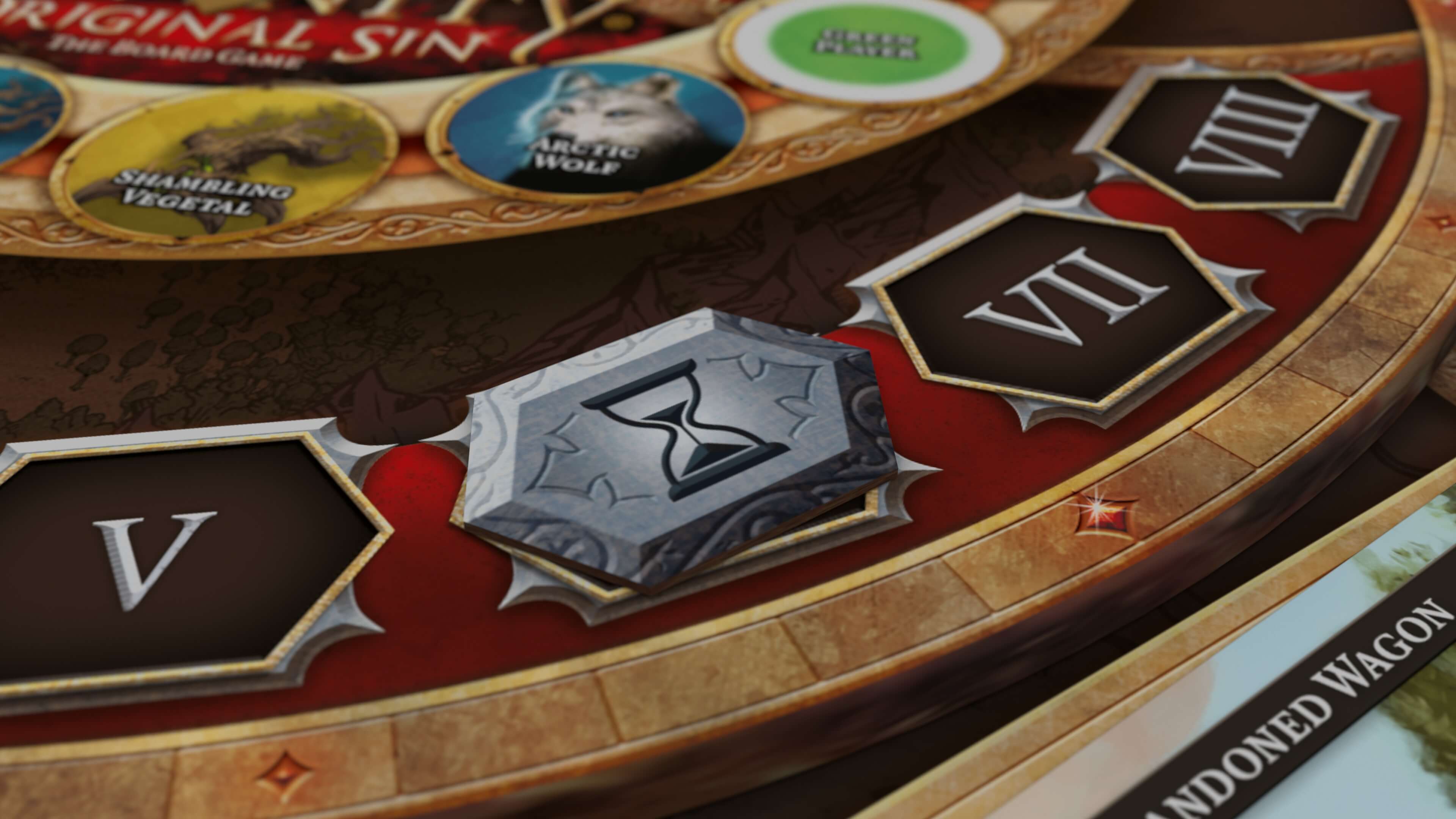
TR: I'm sure this feels so far away right now, but could you see yourselves in the future diving into board game design again? Or is this, like you said, just a cool thing you wanted to make for the fans?
KK: The desire to make a game, it's not like it's satiated now that we've made a game. Like Swen our CEO is incredibly involved in the design process of every game we make. He's said often "If somebody wanted to buy Larian, why would I sell it? I'd just want to make games again tomorrow!" And it's the same for all of us. So I'll never say never to another game. With the chronicle system we're using in the game, there's no reason we couldn't make a sequel. And the system is designed so that when you've finished a game, you can log your information into the website, and that will track all the answers. And so by telling us what you've done, we can track all your decisions so we know what the majority of people have been doing on their play through, and we can decide on the canon of that first board game for the next one if we create a sequel.
So there is that, obviously, and that's on our minds. But in terms of broad spectrum extra games? I mean, absolutely. And given how much the fans are into this one, I think we'll be more confident releasing the next one. And we're reaching board game fans that maybe we didn't see before. And I think there is serious room for a competitive single session game, just in the IP. It's not even designed yet but I can see it. I can totally see a few different styles of Divinity games. So the games are there to be made, it's just a matter of time and effort.
To reserve your copy of Divinity Original Sin The Board Game, head over to the Kickstarter now.
What do you think of this intricate, interweaving board game? Are you a fan of the video game eager to see it brought to life on the table? Let us know in the comments below.
Have a tip, or want to point out something we missed? Leave a Comment or e-mail us at tips@techraptor.net
